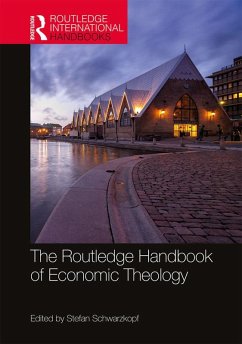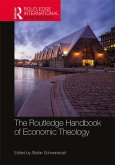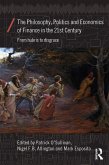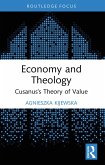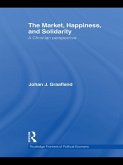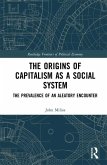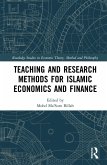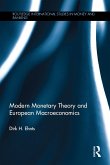This Handbook brings together scholars from different parts of the world, representing various disciplines and intellectual traditions. It covers the development of economic thought and practices from antiquity to neoliberalism, and it provides insight into the economic-theological teachings of major religious movements. The list of contributors combines well-established scholars and younger academic talents.
The chapters in this Handbook cover a wide array of conceptual, historical, theoretical and methodological issues and perspectives, such as the economic meaning of theological concepts (e.g. providence and faith); the theological underpinnings of economic concepts (e.g. credit and property); the religious significance of socio-economic practices in various organizational fields (e.g. accounting and work); and finally the genealogy of the theological-economic interface in Judaism, Christianity, Islam and in the discipline of economics itself (e.g. Marx, Keynes and Hayek).
The Routledge Handbook of Economic Theology is organized in four parts:
. Theological concepts and their economic meaning
. Economic concepts and their theological anchoring
. Society, management and organization
. Genealogy of economic theology
Dieser Download kann aus rechtlichen Gründen nur mit Rechnungsadresse in A, B, BG, CY, CZ, D, DK, EW, E, FIN, F, GR, HR, H, IRL, I, LT, L, LR, M, NL, PL, P, R, S, SLO, SK ausgeliefert werden.
- Nimi Wariboko, Boston University, Religious Studies Review

